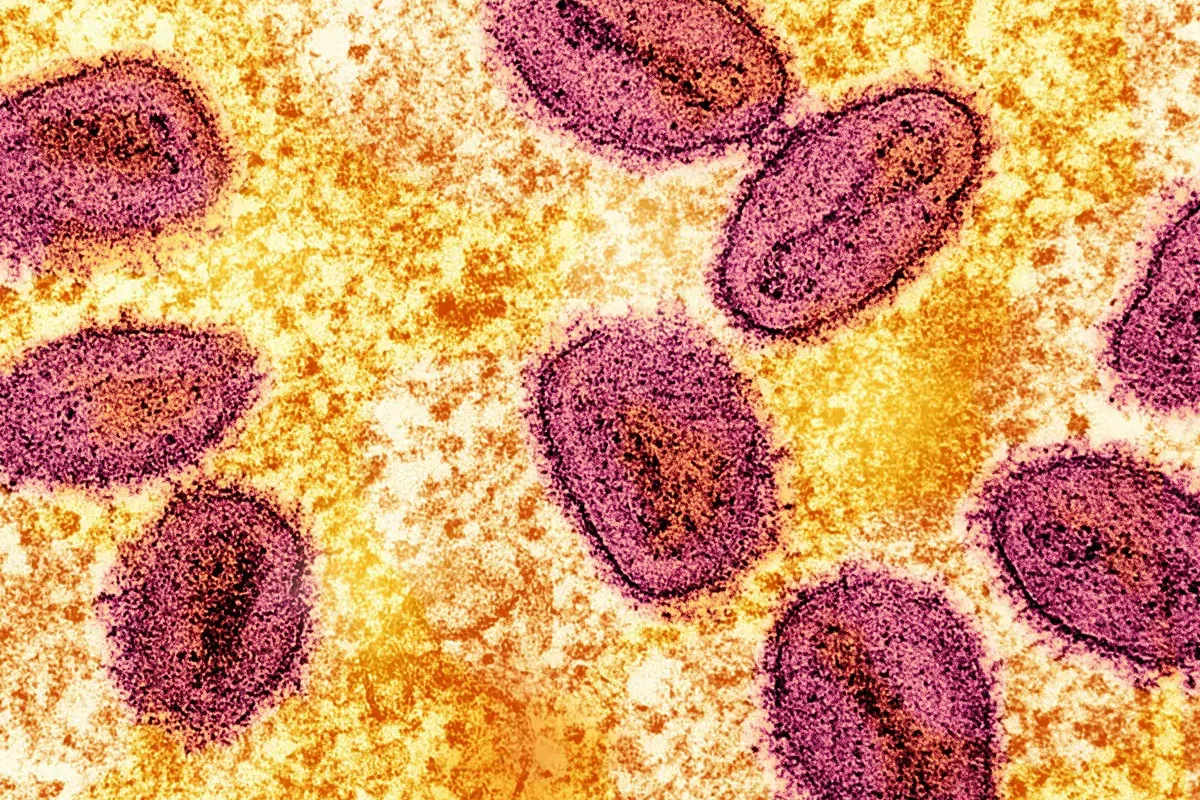France has reacted to the rising number of Mpox cases in Europe, in Africa and across the globe by readying more than 230 vaccination centres around the country, with more in the works, according to Prime Minister Gabriel Attal. France has also pledged to send 100,000 vaccines to the African nations most affected by the outbreak.
Writing on social media platform X on 20th August, Attal confirmed that the nation’s health system “is on maximum alert” in light of the rising number of cases of Mpox, formerly known as monkeypox.
“We are prepared to face all scenarios and risks,” he continued. “Healthcare professionals have been alerted to the symptoms of the virus and the necessary actions to take. We are also working to strengthen the diagnostic capacities of our laboratories and hospitals to better detect the new, more deadly Clade 1 variant.”
In total, 232 vaccinations centres are understood to be prepared and ready to issue vaccinations against Mpox. It is still unclear exactly who the vaccinations will be recommended for, but Attal has asked the Haute Autorité de Santé (HAS) to “update its vaccination recommendations by the end of August”.
The World Health Organisation (WHO) recently declared Mpox a global public health emergency, and international pledges to send vaccines have been pouring in over the last few days, including from the United States, Japan and the European Union. France’s contribution of 100,000 doses is expected to be distributed within the coming days to the hardest-hit areas in Africa.
Symptoms
Mpox is an infectious disease similar to, but typically less severe than, smallpox. Infected individuals may develop painful rashes, fever, sore throat, headaches and swollen lymph nodes. Lesions can appear anywhere on the body, including the palms of the hands and soles of the feet. The illness typically lasts two to four weeks, and while most people recover, the disease can be debilitating.
The virus spreads through contact with infected individuals and can be transmitted through kissing, touching or sexual contact with an infected person. It can also be contracted from animals or contaminated items such as sheets and clothing. Pregnant women who contract the disease can pass it to their unborn children.
According to the WHO, vaccinations can be effective even for those who have recently been exposed to the virus. The vaccine should be administered within four days of exposure or up to two weeks after if no symptoms have appeared.
Monaco Life is produced by real multi-media journalists writing original content. See more in our free newsletter, follow our Podcasts on Spotify, and check us out on Threads, Facebook, Instagram, LinkedIn and Tik Tok.
Photo source: National Institute of Allergy and Infectious Diseases, Unsplash
